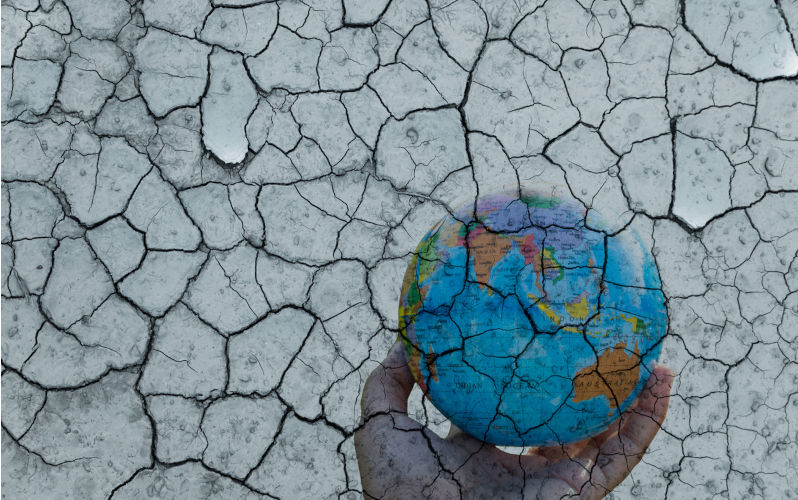A world call to action on the multiple crises now enfolding humanity
August 3, 2024
Humanity is facing its greatest emergency, a crisis consisting of many, interlinked, catastrophic risks, the Roundtable on the Human Future has declared.
At present humanity has no way to deal with such a crisis – and a global plan of action is urgently needed, it said.
“The threats are now arriving together. Their collective scale and impact is so great that few see it. Together, these risks endanger our ability to maintain a civilization, possibly even to survive. Global solutions to these global problems are now imperative.
“The crisis is vast, complex and interconnected. It affects everyone on Earth, and will do for generations to come. There is at present no plan of action to resolve it; there is not even an agreement that humanity should act to save itself.”
The Roundtable consisted of leading international scientific and sustainability organisations and distinguished thought-leaders on the human future. It was convened online by the Club of Rome and the Council for the Human Future, and was facilitated by eminent environmentalist Molly Harriss Olson. “Its aim was to develop a common understanding of the human predicament and the best solutions to it,” she says.
The Roundtable has produced a report on its conclusions, including the views of individual participants on the nature of the crisis and what must be done about it. However, it did not attempt, in this initial exploratory meeting, to agree upon a specific set of policies or actions, but canvassed avenues which might be available for solutions to be developed.
“The Roundtable is an important attempt to develop a clearer, shared picture of the dangers confronting humanity - and to find agreed solutions to them, as a pathway to taking worldwide positive action. It builds on the growing knowledge that we will increasingly need to build resilience to future shocks and stresses and create the necessary systems changes that will enable global citizens to thrive not just survive the Anthropocene era,” said Sandrine Dixson-Declève, co-president of The Club of Rome.
“Science is agreed that human civilisation is now in deep trouble. Without a clear plan to save humanity on a habitable planet, it is most unlikely we will be able to do so,” said Julian Cribb, a co-founder of the Council for the Human Future.
“The good news is that there are literally dozens of solutions available, local and global, many of them mentioned in the Roundtable’s report. These can all improve our wellbeing and help make our world safer, healthier, greener and more sustainable.”
“The time to act is now,” said Ms Dixson-Declève said. “We have many of the solutions needed at our fingertips. What is missing is the political will and business leadership to shift towards governance, economic, financial and societal systems that service people, planet and prosperity at the same time.
“We know it is difficult to act when in the midst of chaos – but if we don’t act now, the financial, environmental and human cost of inaction will be much higher.”
For more details go to: Roundtable Report: https://humanfuture.org/ Or https://www.clubofrome.org/
